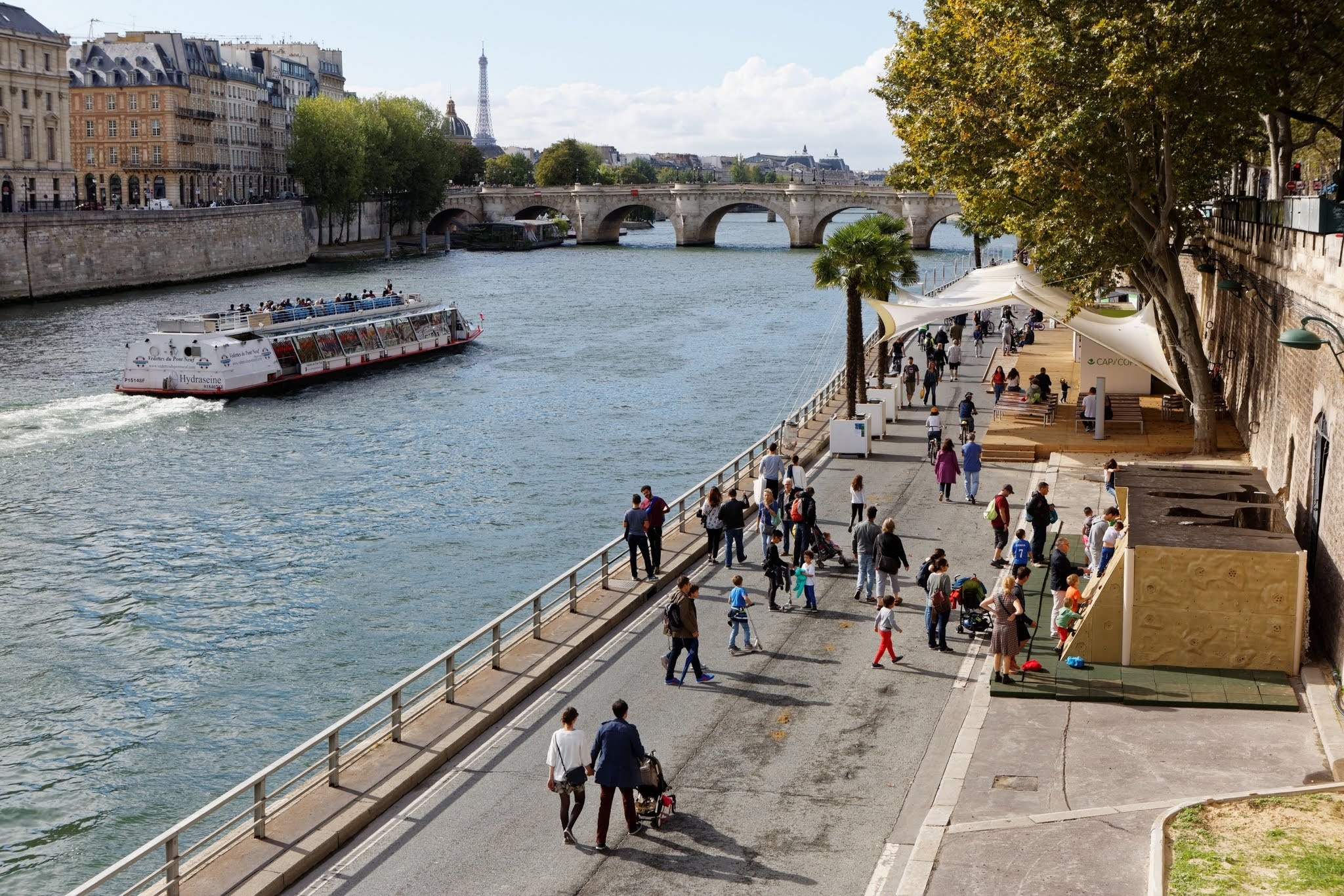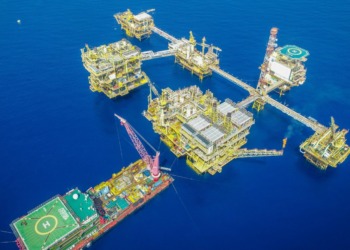Climate change does not affect all people equally. Certain countries, especially small island nations, are already facing the concrete effects of sea level rise and increasingly unprecedented storms. And certain populations are especially vulnerable, including the young, the elderly and, yes, women.
The reality of climate impacts is inextricably linked to economics, employment, public health, inequality and gender.
Around the world, climate disasters affect women disproportionately, throwing into sharp relief the existing societal inequalities between men and women. Several studies have shown that, in still too many countries, women are more likely to be at home when climate-induced disasters, such as heatwaves, violent storms or hurricanes, strike. They typically have less access to critical emergency response information. And as caretakers for the young or the elderly in a lot of countries, they are often less likely to be able to evacuate.
The devastating impact of these events can be measured in both lives lost and economic opportunities destroyed. But as we look to address the greatest challenge humankind has ever faced, we do so with one of the greatest possible resources: womankind.
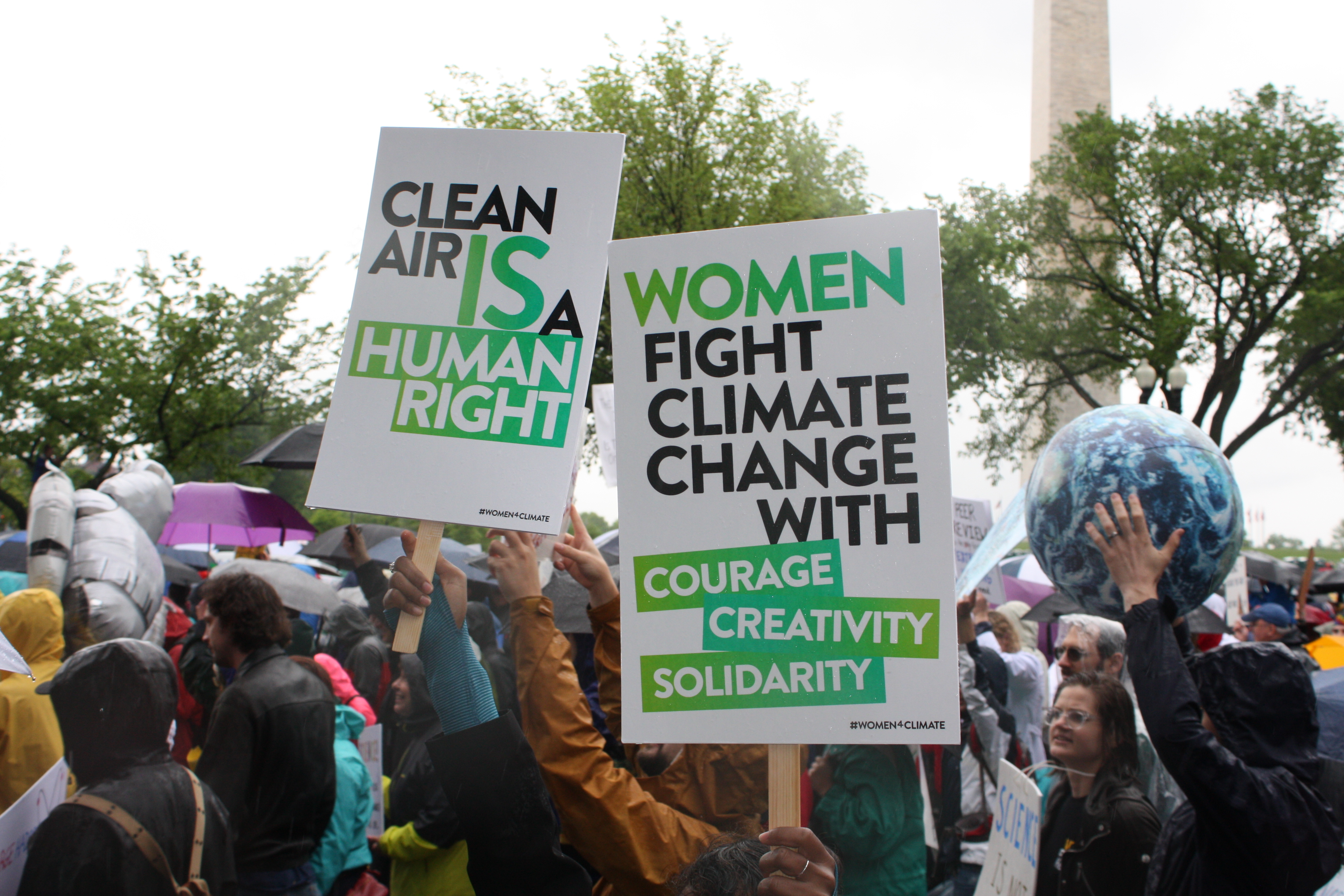
As Mayor of Paris, I see every day how the greatest challenges that we face in the 21st century, as well as the incredible opportunities that are developing, cannot be separated out into easy categories. In 2015, countries around the world adopted a set of goals to end poverty, protect the planet and ensure prosperity for all. These Sustainable Development Goals are a vital tool for all of us that aspire to create a better world, but they must be understood as a series of inextricably linked priorities. We will never achieve gender equality and empower all women and girls unless we make our cities inclusive, safe, resilient and sustainable. And vice versa.
Empowering women is key to creating cities and communities that are economically vibrant. This is so because women make up 50 percent of the global population, and because women are powerful advocates for solutions to long-term challenges like climate action.
Women possess the ability to surpass great obstacles to make our world a better place. As women, we know we must work ten times as hard to attain the same opportunities as men. As women, we know that we will face discrimination and dismissiveness in any arena we enter. But we also know that responsibility for the future rests on our shoulders and we are prepared to rise to that challenge.
Decisive, dynamic women are already leading the charge around the globe. We need look no further than the great women who were not only the architects of the Paris Agreement, itself one of the greatest diplomatic achievements of all time. Christiana Figueres, Laurence Tubiana and others made possible what many considered impossible: A global agreement between nearly all the countries of the world to save humankind.
Empowering the next generation of women leaders is a concrete step towards securing a bright, sustainable future for all.
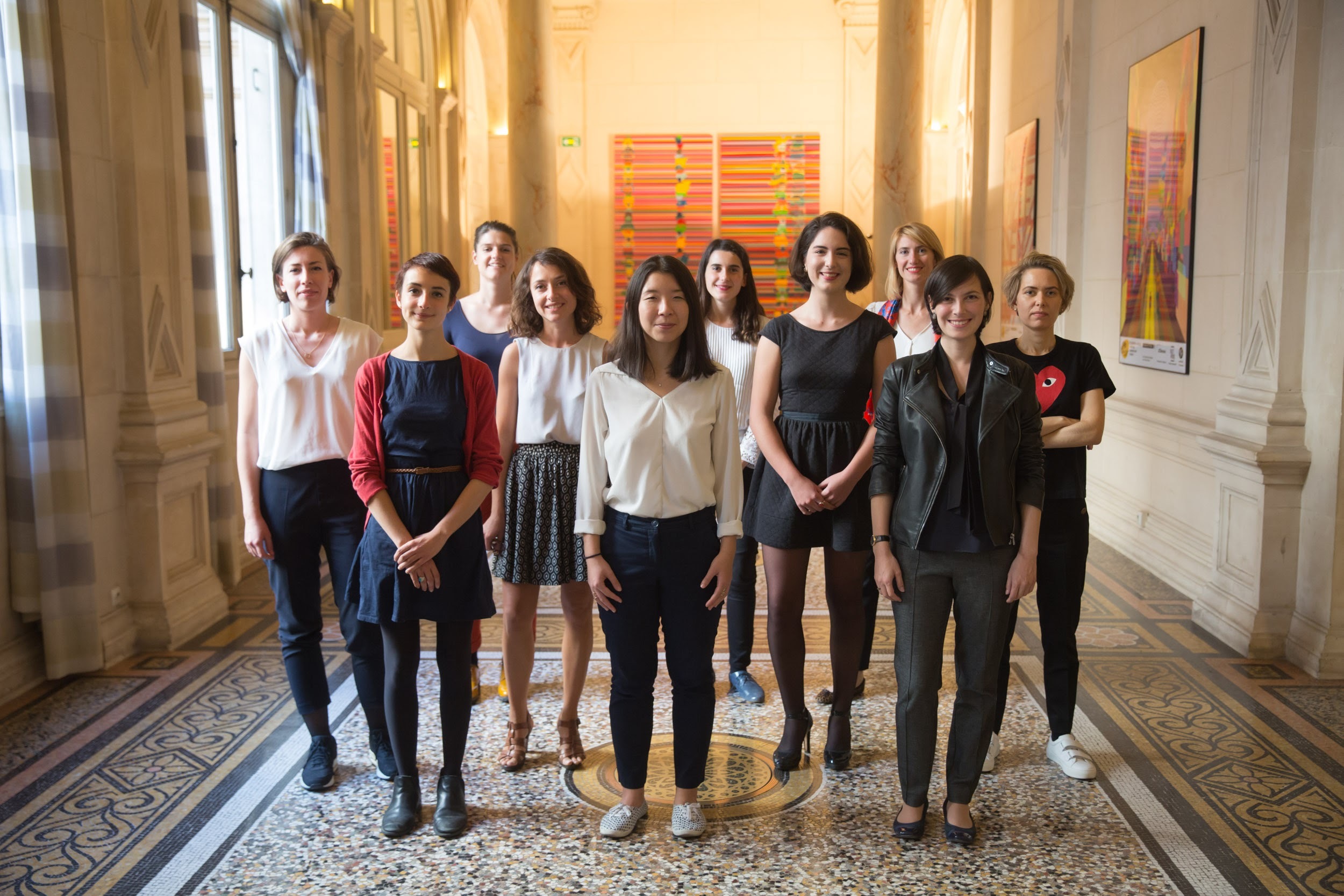
As the first woman chair of C40 Cities, I decided to launch the Women4Climate initiative, which offers support, mentorship, guidance and advice to the most promising young women taking climate action.
Along with women mayors in C40, a global network of the ninety-two world’s most influential cities, we are transforming how we think about our cities. For hundreds of years, systems designed by men have catered to men’s needs, often making those systems inaccessible or even dangerous for women.
Now, with women at the helm, we can be sure that the proposed solutions will accommodate both men and women. In 2014, just four cities across the C40 network had women mayors; now, since the beginning of 2018, sixteen mayors are women, representing tens of millions of urban citizens from Sydney to Tokyo, Durban to Madrid.
In Paris, for instance, we are reclaiming the streets of the city by pedestrianizing some of the most iconic segments of the city and by aiming to remove fossil fuels by 2030. By enhancing air quality and expanding pedestrian and cycling opportunities, we are making the city a safer and healthier place for families and citizens. In Stockholm, my friend Mayor Karin Wanngård is working to make the city carbon neutral by 2040, one of the most ambitious targets of any city in the world. And when the White House decided to withdraw from the Paris Agreement, the inspiring Muriel Bowser, Mayor of Washington D.C., swiftly announced that her city would adopt the goals of the agreement into local laws.
Yet the real future of our movement lies in the inspiring young women participating in the Women4Climate mentorship programme. The programme, supported by our founding partner L’Oréal, has already launched in Paris and Mexico City, and soon these women will be joined by many more as C40 cities around the world start their own mentorship schemes throughout 2018.
From floating piers cleaning the air and the water in Paris, to planting millions of new trees across Mexico City to fight air pollution, they are the leaders who will truly transform our cities. This global movement of determined and visionary young women offers great hope for a better, more sustainable future for us all.
Investing in women and girls is a duty and must be a rule everywhere. Prioritising education for the 62 million girls globally who currently lack access to it will make them leaders in their own communities, preparing them to imagine climate innovations, increase resilience in their communities.
Yes, women will shape the future. To build the most liveable, equal and economically empowered cities, we need women to lead. Unfortunately, women remain underrepresented in positions of power. That must change.
As Chair of C40, I know that the mayors of the 92 world’s greatest cities are committed to climate action, despite forces and politicians out there who would always invent new ways to deny the science and hold back our progress, pursuing their own unfathomable interest. A fascinating consequence of the new political lead at the White House is that more women than ever are running for elected office across the United States in 2018. This will be the key to our collective success in taking climate action, empowering women and delivering on all of the sustainable development goals.
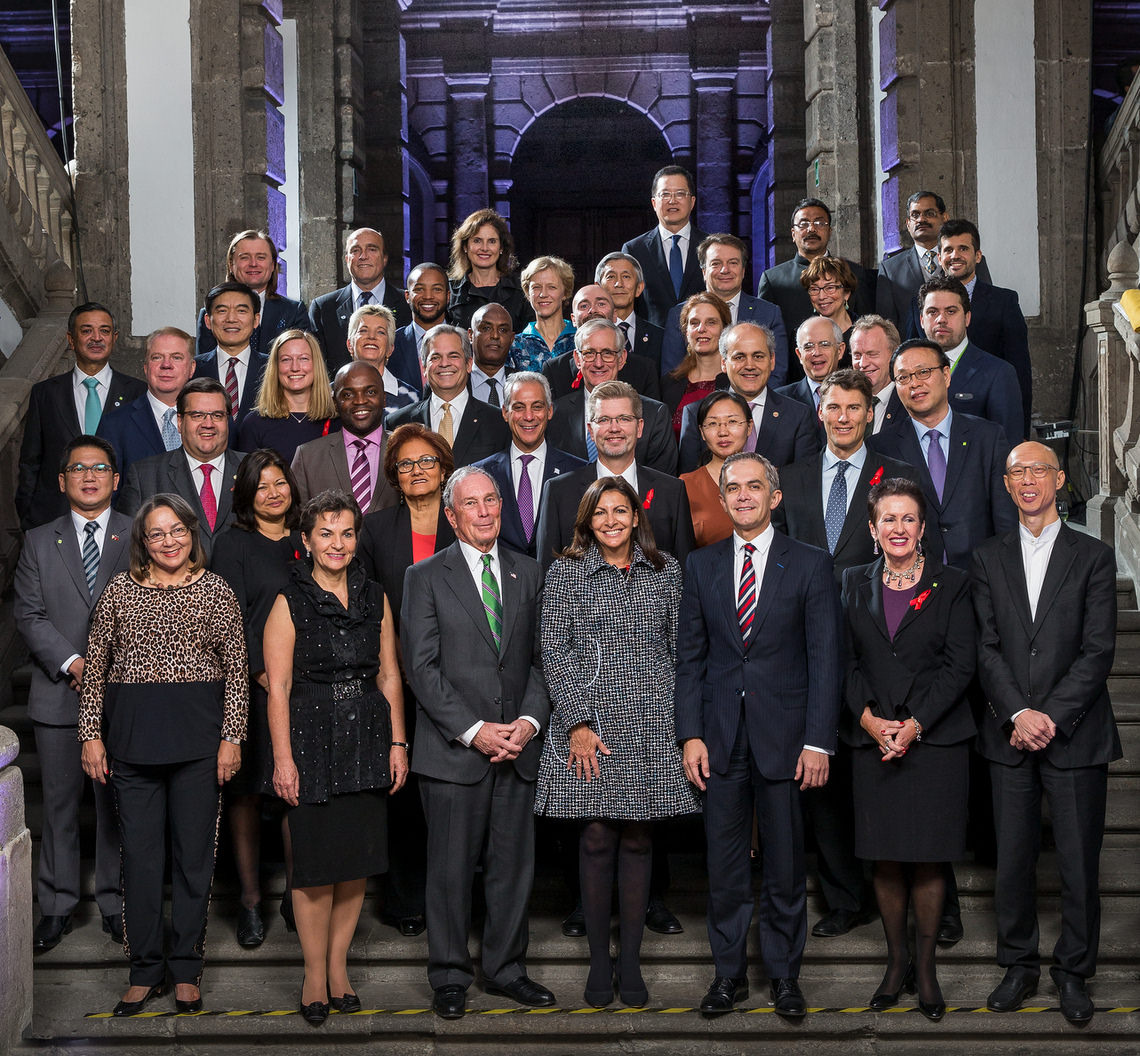
If you are concerned about the future and you want to see the transformation in your community, then you are going to be the one to make it happen. As mayors, we can only deliver the bold, ambitious change that is needed with the support of the millions of citizens who share our concerns. So young women, and men, who care and dare about our collective future need to speak out, whether through joining a local environmental group, writing to your elected officials to tell them your views, or running for public office.
We must show courage, creativity and solidarity as we endow more young women with the skills and opportunities they need to lead the fight against climate change. We must remove obstacles for the next generation of women leaders. We must give them the tools they need to carry forward the work we have started. We must inspire a new generation of men and women to help tackle climate change. Our future depends on it.
We are now an unstoppable movement. Let’s get to work.
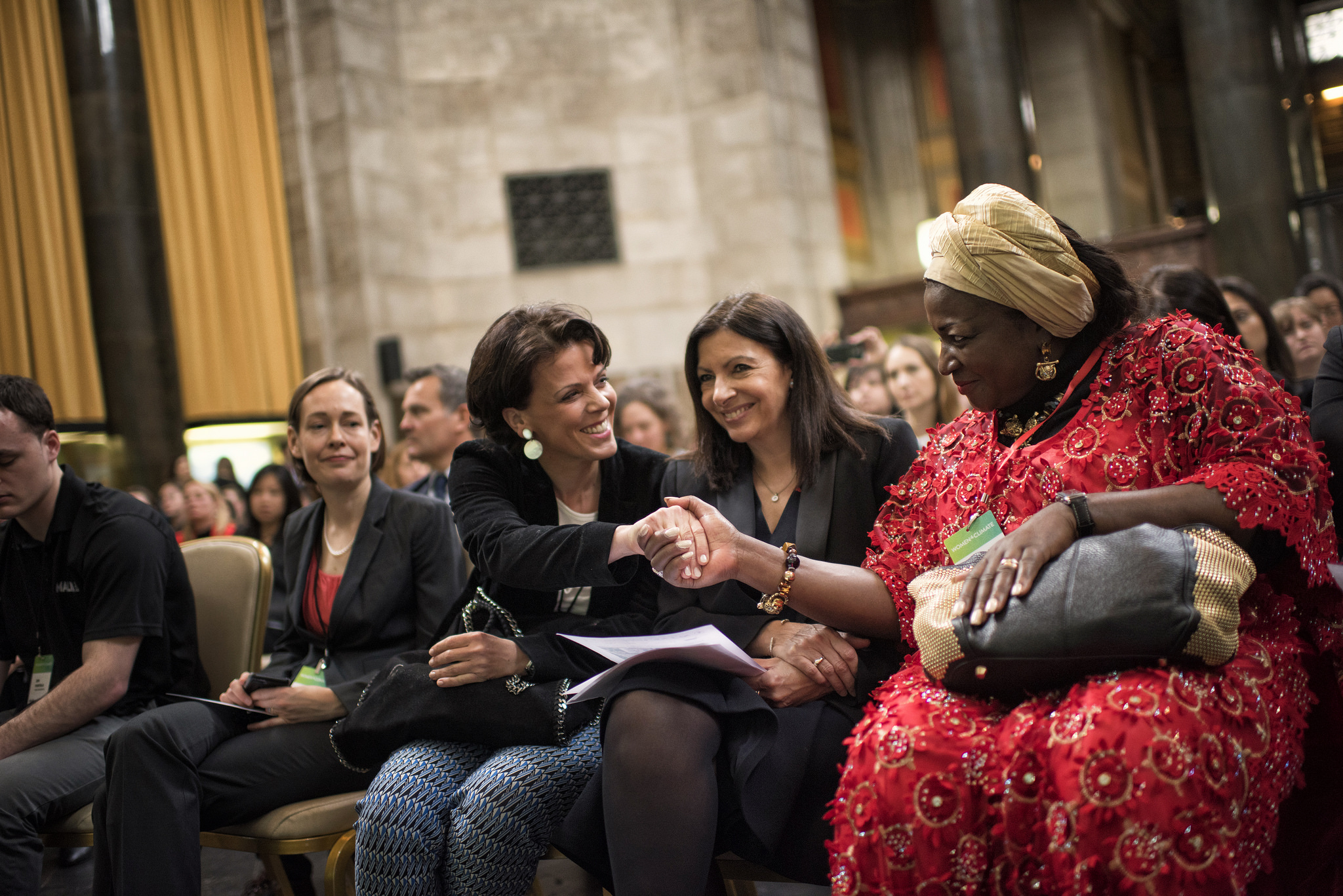
— —
This article is adapted from my contribution to “Why Women Will Save the Planet” – a unique collection of essays from pioneering women leaders around the world, complied by C40 Cities and Friends of the Earth.
Editor’s Note: The opinions expressed here by the authors are their own, not those of Impakter.com — In the Featured Photo:Families and cyclists enjoy the newly pedestrianised banks of the River Seine in Paris. Featured Photo Credit: City of Paris/Henri Garat.


